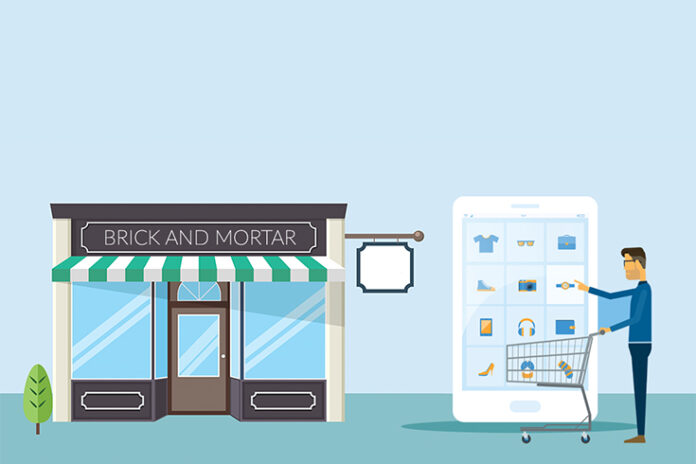Collaborate with Companies: Partner with personalized nutraceutical companies that offer genetic testing, personalized supplement plans, or health assessments. These companies often seek retail partners to expand their customer base and provide an in-person touchpoint for consumers.
Personalized Shopping Experience: Train your staff to engage with customers about their specific health goals and concerns. Equip them with knowledge about the latest trends in personalized nutrition and the science behind it so they can guide customers through the product selection process.
Mobile Apps and Digital Integration: Develop or integrate with mobile apps that track customer health data and provide personalized recommendations. In-store, these apps can sync with customer profiles to suggest specific products or promotions tailored to their health needs.
Subscription Models: Offer subscription services for personalized nutraceuticals. Customers can sign up for monthly or quarterly deliveries of their personalized supplements, ensuring they have a steady supply of products tailored to their evolving health needs.
Educational Materials: Provide brochures, videos, and other educational materials that explain the benefits of personalized nutraceuticals. Ensure these materials are accessible and easy to understand, helping customers make informed decisions.
Tailored Promotions: Use customer data to create targeted promotions that align with their health profiles. For example, if a customer’s data suggests they need more Vitamin D, you could offer discounts or special promotions on Vitamin D supplements.
Interactive Displays: Create interactive displays that engage customers and educate them about personalized health solutions. For example, a touchscreen display could allow customers to explore different health conditions and find recommended products based on those conditions.
Transparency in Sourcing and Ingredients: Ensure that your products, especially personalized nutraceuticals, are sourced ethically and sustainably. Be transparent about the ingredients used and the science behind the personalization. Customers are more likely to trust and buy from brands that prioritize transparency.
Customer Testimonials and Case Studies: Showcase testimonials and case studies from customers who have benefited from personalized nutraceuticals. This real-world evidence can build credibility and encourage new customers to try these products.
Online Integration: Ensure your brick-and-mortar store has a strong online presence that supports the in-store experience. An integrated online platform can allow customers to refill prescriptions, track their health data, and even engage in virtual consultations with health experts.
Market Research and Adaptation: Stay informed about the latest research and consumer trends in personalized health. Regularly update your product offerings and services to align with the latest insights and technologies.
Embracing the personalized nutraceutical trend offers health food retailers a unique opportunity to differentiate themselves from online competitors. By leveraging the personal, trust-based relationships that physical stores can build, and integrating cutting-edge technology, brick-and-mortar can offer an unparalleled shopping experience that meets the growing demand for personalized health solutions.
The shift toward personalization is not just a trend; it’s a fundamental change in how consumers approach their health. Retailers that recognize and adapt to this change by offering personalized products, services, and experiences will be well-positioned to thrive in the new health economy.









